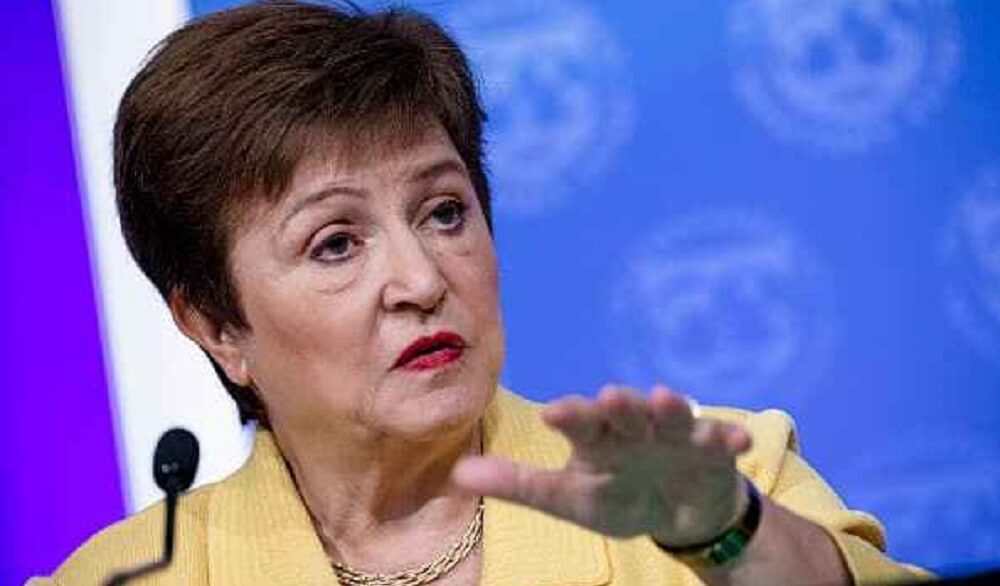The International Monetary Fund, IMF, has advised the Central Bank of Nigeria and other central banks to increase interest rates in order to control the ‘stubbornly high inflation’ elevated by the Ukraine-Russian crisis.
The IMF gave the advice in a report published on its website, seen by THE WHISTLER.
Advertisement
According to the Washington based lender, Russia’s invasion of Ukraine has raised financial stability risks for the world and poses questions about the longer-term impact on economies and markets.
The IMF said, “In the near term, central banks should take decisive action to prevent inflation from becoming entrenched and keep expectations of future price increases in check.
“Interest rates might have to rise beyond what is currently priced in markets to get inflation back to target in a timely manner. This may entail pushing interest rates well above their neutral level.
“For advanced-economy central banks, clear communication is crucial to avoid unnecessary volatility in financial markets, by providing clear guidance about the tightening process while remaining data dependent.
Advertisement
“In emerging markets, many central banks have already significantly tightened policy. They should continue to do so—depending on individual circumstances—to preserve their inflation-fighting credibility and anchor inflation expectations.”
Nigeria is among the countries facing a severe price crisis as the price of commodities has doubled over the last seven years.
The Consumer Price Index which measures inflation, rose to 15.92 per cent in March from 15.70 per cent recorded in February 2022, according to the National Bureau of Statistics.
The Central Bank in the last Monetary Policy Meeting retained its benchmark lending rate at 11.5 per cent, and other key monetary policy parameters amid fears that a hike may tamper with progress recorded since the country fell into recession in 2020.
“For Nigeria, members were of the view that Nigeria is confronted with, not only inflation but also fragile output growth,” said the apex bank governor, Godwin Emefiele.
Advertisement
The United States Fed in March increased interest rate over rising inflation which has hit a forty-year high to 7.9 per cent.
The Fed noted that inflation remained high and the invasion of Ukraine was not only “causing tremendous human and economic hardship” and “likely to create additional upward pressure on inflation and weigh on economic activity” in the country.
But beyond inflationary pressure, the IMF warned countries to be cautious of the implication of tightening on economic growth.
The IMF added, “The new geopolitical reality complicates the work of central banks, which already face a delicate balancing act with stubbornly high inflation.
“They must bring inflation back to target, mindful that excessive tightening of global financial conditions hurts economic growth.
“Against this backdrop, and in light of heightened financial stability risks, any sudden reassessment and repricing of risk resulting from an intensification of the war in Ukraine, or from an escalation of sanctions on Russia, may expose some of the vulnerabilities built up during the pandemic (surge in house prices and stretched valuations), leading to a sharp decline in asset prices.
Advertisement
“Emerging and frontier markets now face higher risks of capital outflows, with differentiation across countries between commodities importers and exporters.”



